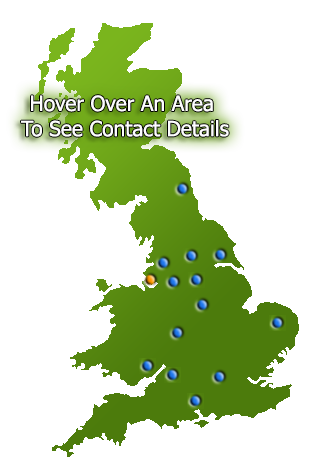The brain is a very complex organ. An injury to the brain can leave long standing problems. The immediate consequences will be coma and concussion. The secondary consequences may include an increased risk of epilepsy and on-going cognitive and executive impairment.
There are many different types of brain injury. These include:
Skull fracture
This could be brought on by a traumatic injury to the head suffered during, for example, a fall, an assault or a road traffic accident.
Anoxic Brain Injury
An insufficient supply of oxygen to the brain that can cause cells to die. This kind of injury can happen during birth or carbon monoxide poisoning.
Concussion
This is essentially bruising to the brain tissue that can cause headaches, vomiting and dizziness. Concentration may also be impacted. This can be due to a direct blow to the head, e.g. an assault or falling and hitting the head on the floor.
Diffuse Axonal Injury
Subject to the force of the injury, nerve connections can be damaged. If a nerve connection or pathway is damaged, this could have devastating repercussions. The injuries are microscopic and often cannot be detected on MRI scans or CT scans. A person with such an injury can present a variety of functional impairments.
Haematoma
This is a build-up of blood between the skull and the lining of the brain (the dura). This may cause pressure changes in the brain and emergency surgery may be necessary. Blood clots can also be found deep in the middle of the brain. These are hard to remove and can result in tissue damage. Surgery may be used to reduce the pressure.
Acquired brain injury (ABI)
It can certainly happen to anyone at any time. It isn’t something which you plan for so it is impossible to anticipate. An Acquired Brain Injury is an injury developed to the brain since birth. Brain injury is developed either by sustaining an injury to the head or by having a health problem that causes brain injury. Brain injury can be the result through road traffic accidents, assaults or falls (referred to traumatic brain injuries) or by having an illness for example encephalitis, brain haemorrhages/strokes (also called cerebrovascular accidents CVA) or a brain tumour.
There exist certain contrasts in terms of likely risk depending on age as well as mechanism of injury. For example, traumatic brain injuries are likely to be found more in the very young, the very old and young men aged 16-30. Strokes typically occur more in older adults. However, a brain injury can happen to anyone.
Traumatic brain injury (TBI)
A form of acquired brain injury, occurs when a sudden trauma causes damage to the brain. TBI might result when the head suddenly and violently hits an object, or if something pierces the skull and enters brain tissue. The signs of a TBI can be mild, moderate, or severe, determined by the severity of the damage to the brain. Someone with a mild TBI could remain conscious or could experience a loss of consciousness for a few seconds or minutes.
Hampson Hughes Personal Injury Solicitors are experienced in head and brain injury claims. We will ensure that full amounts of accident compensation are awarded to the injured party on a no win no fee basis meaning that you will receive 100% of your head and brain injury compensation.
If you have suffered a head or brain injury, contact Hampson Hughes Personal Injury Solicitors today and start your no win no fee compensation claim. Call FREE on 0800 888 6888!
Google+




